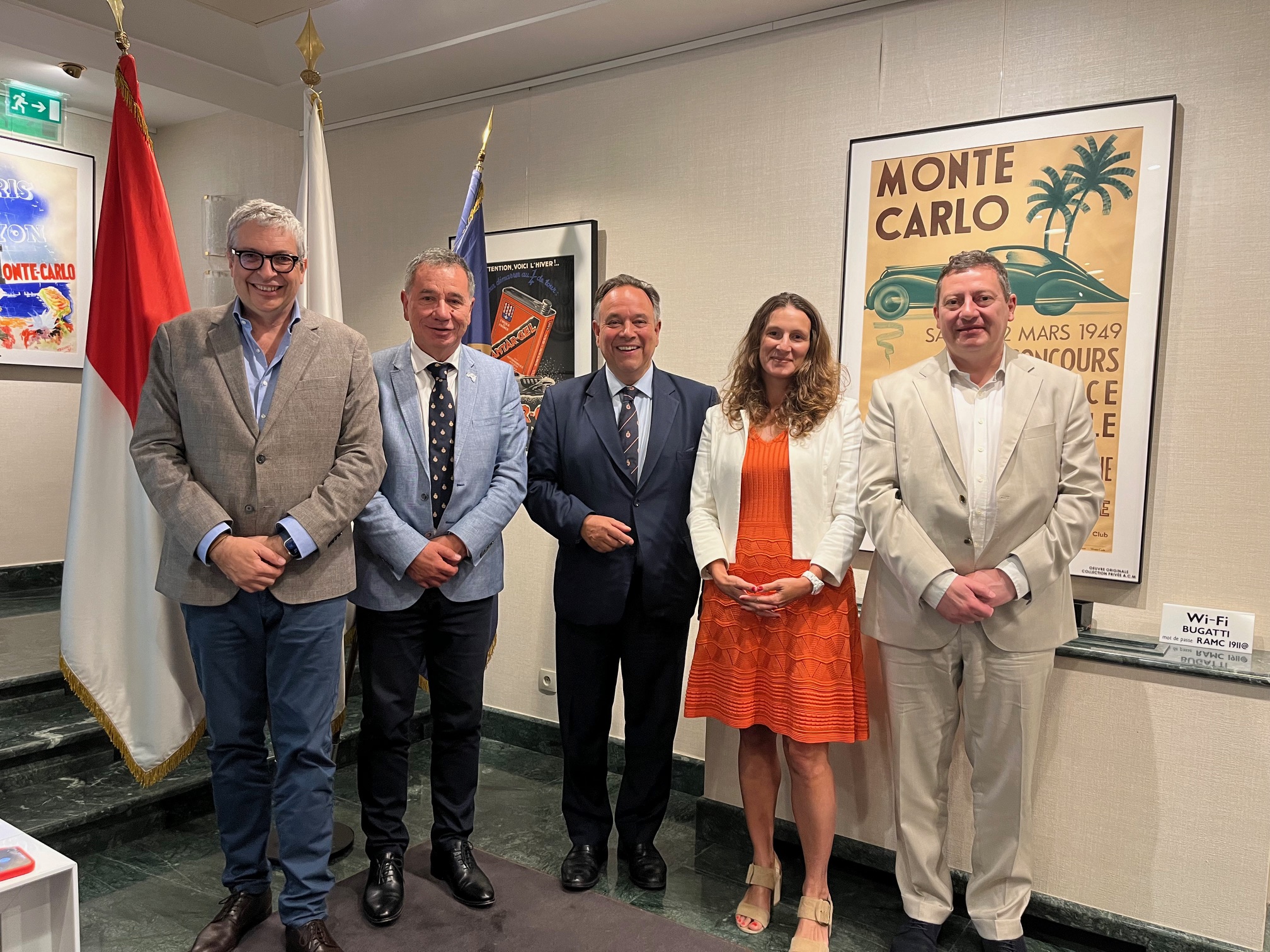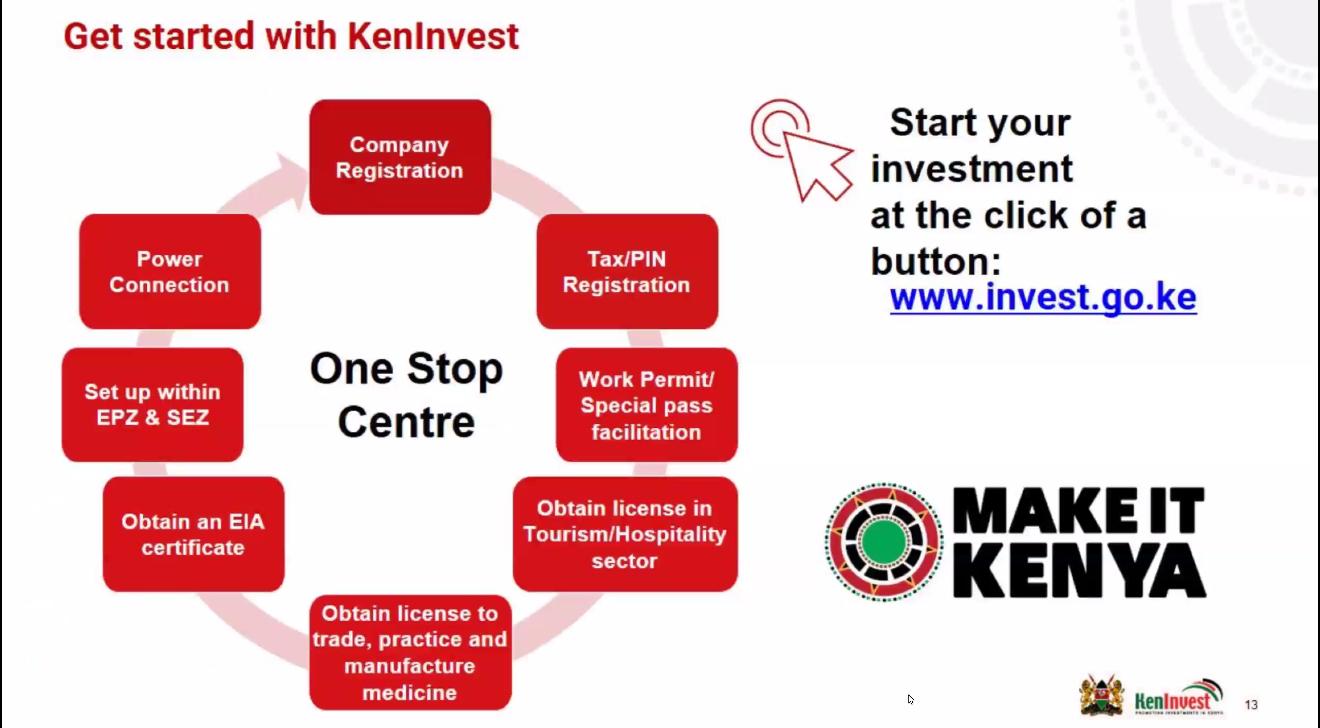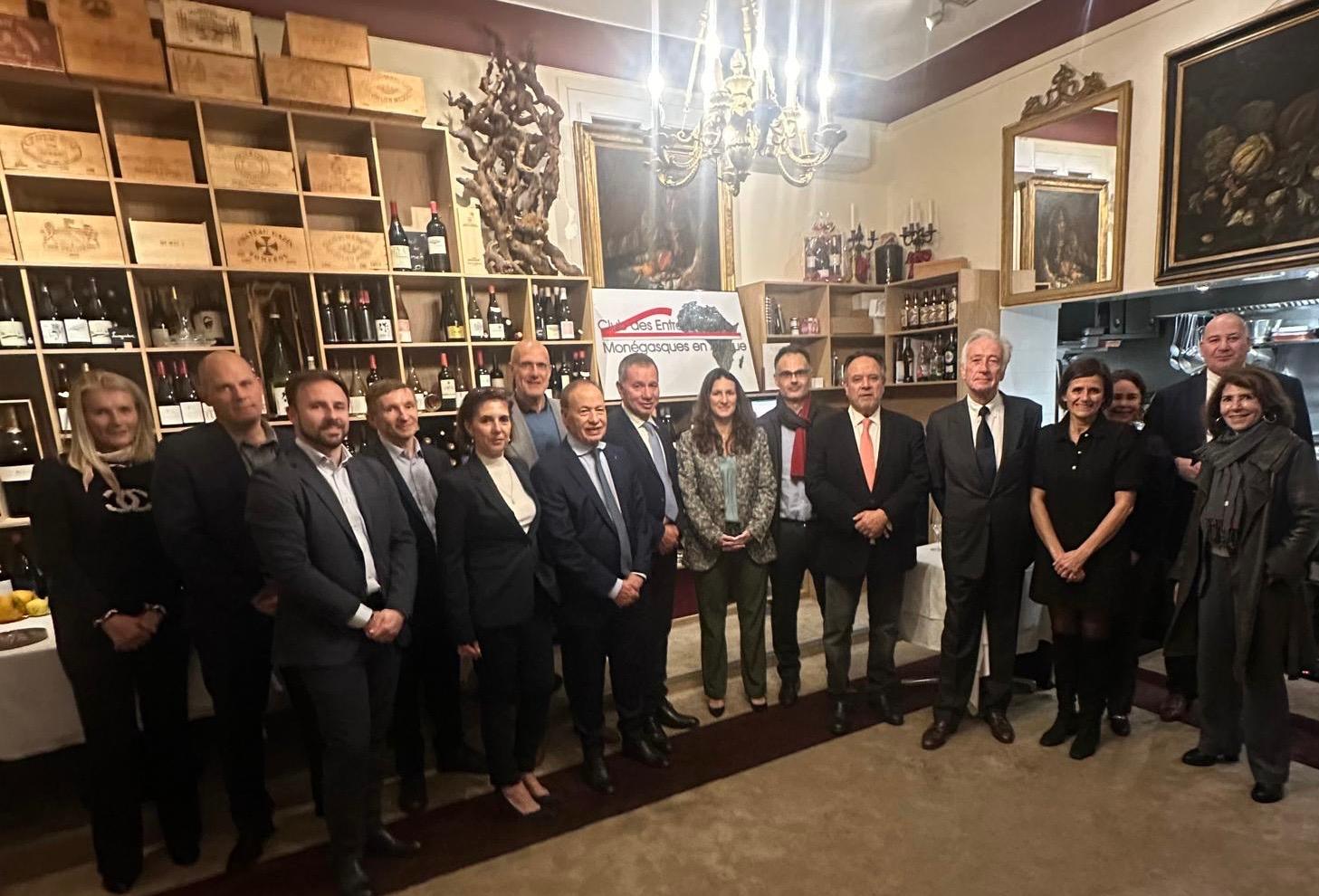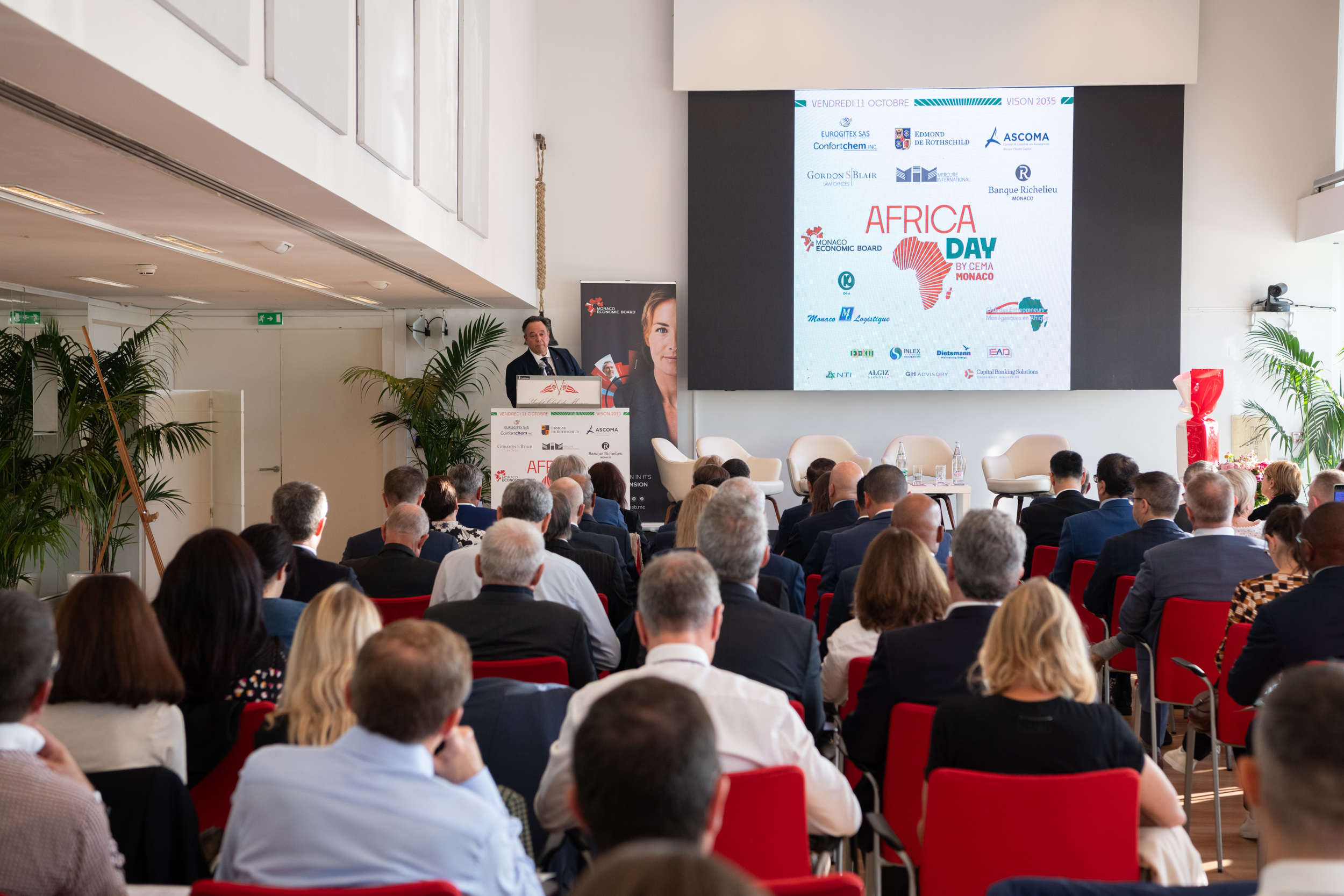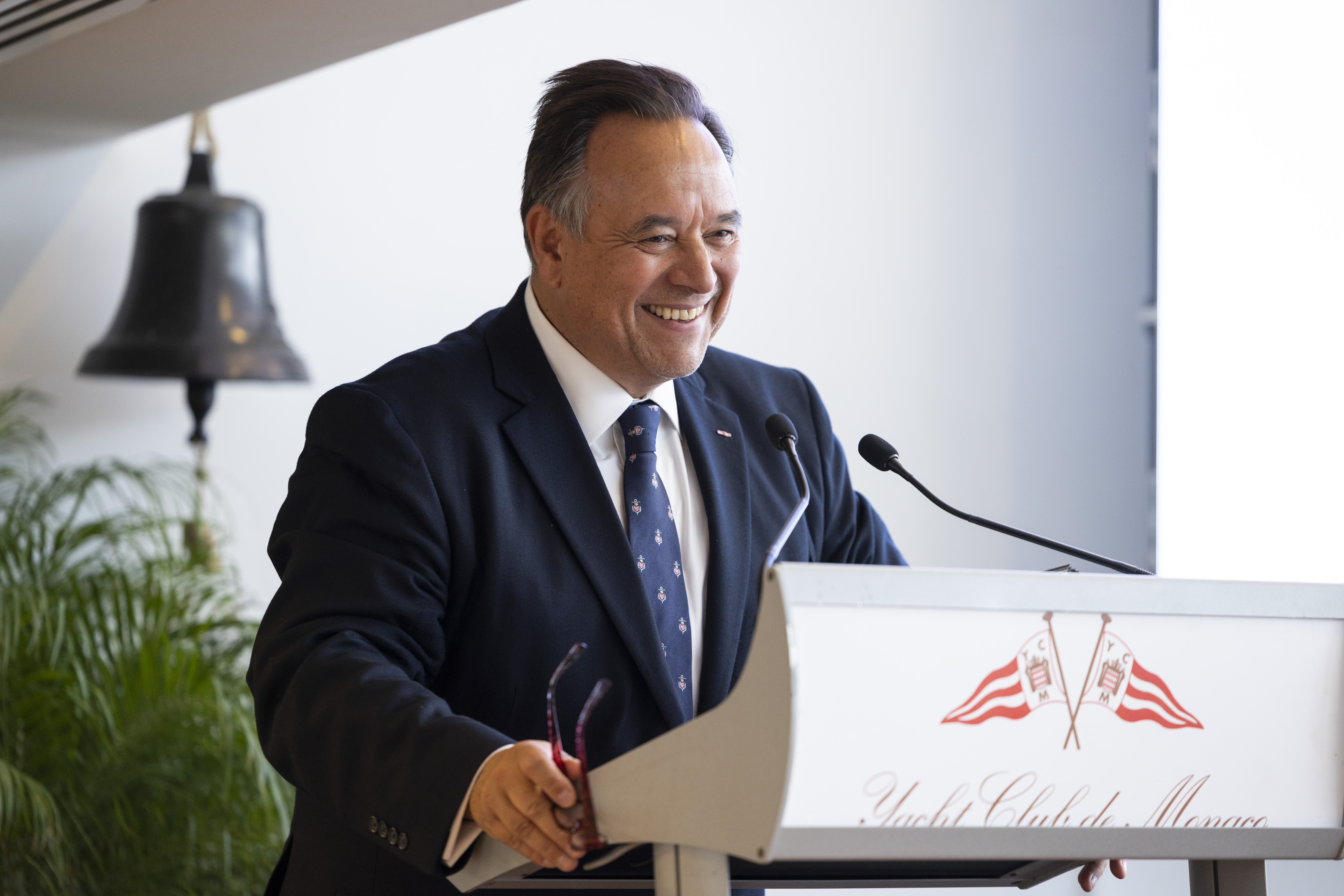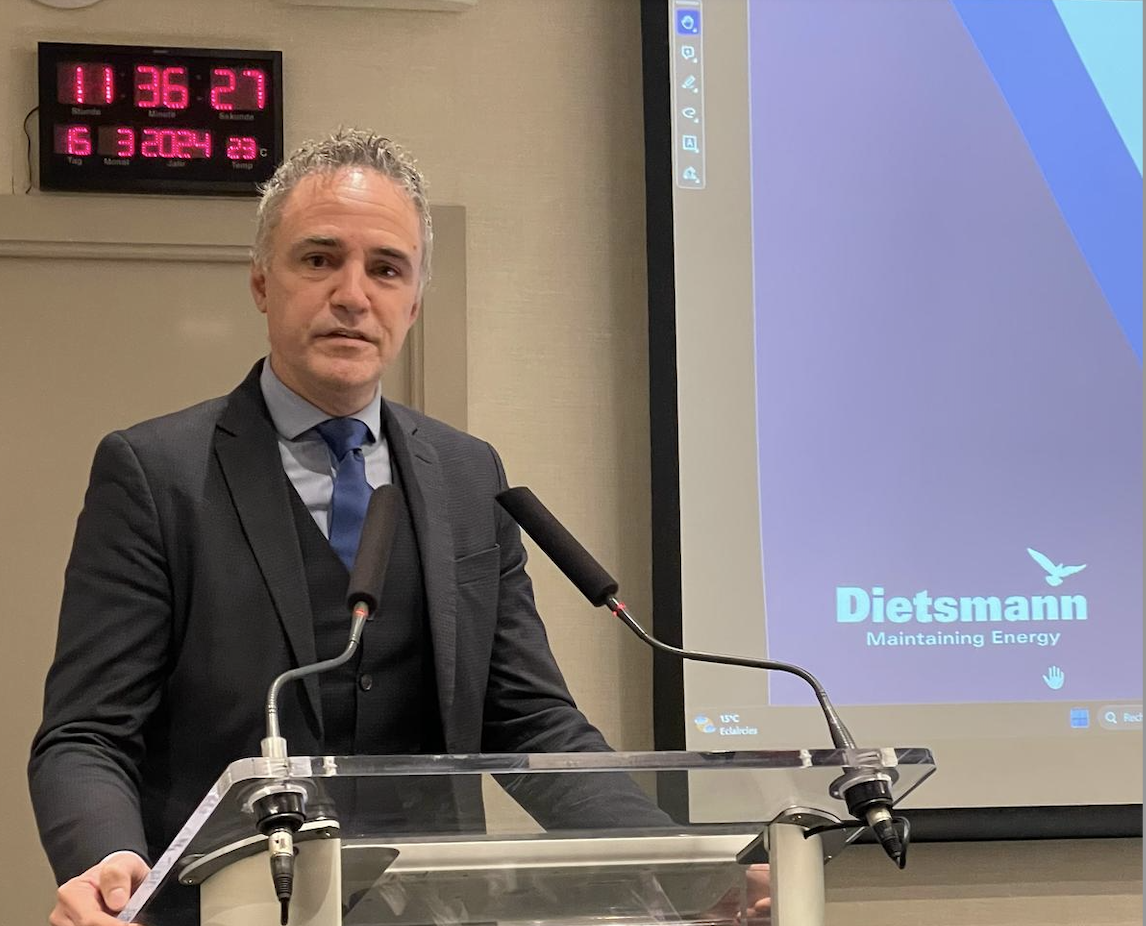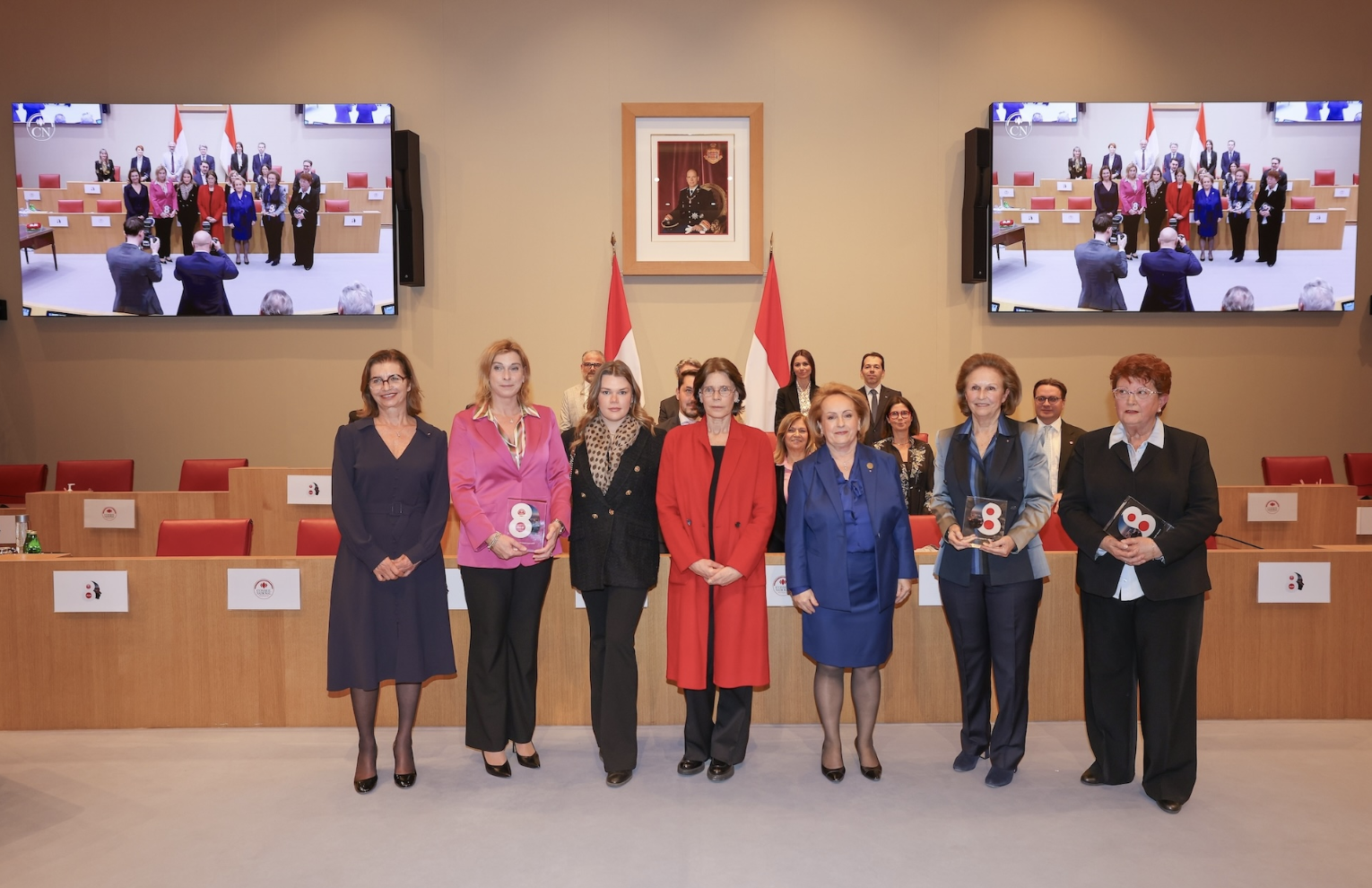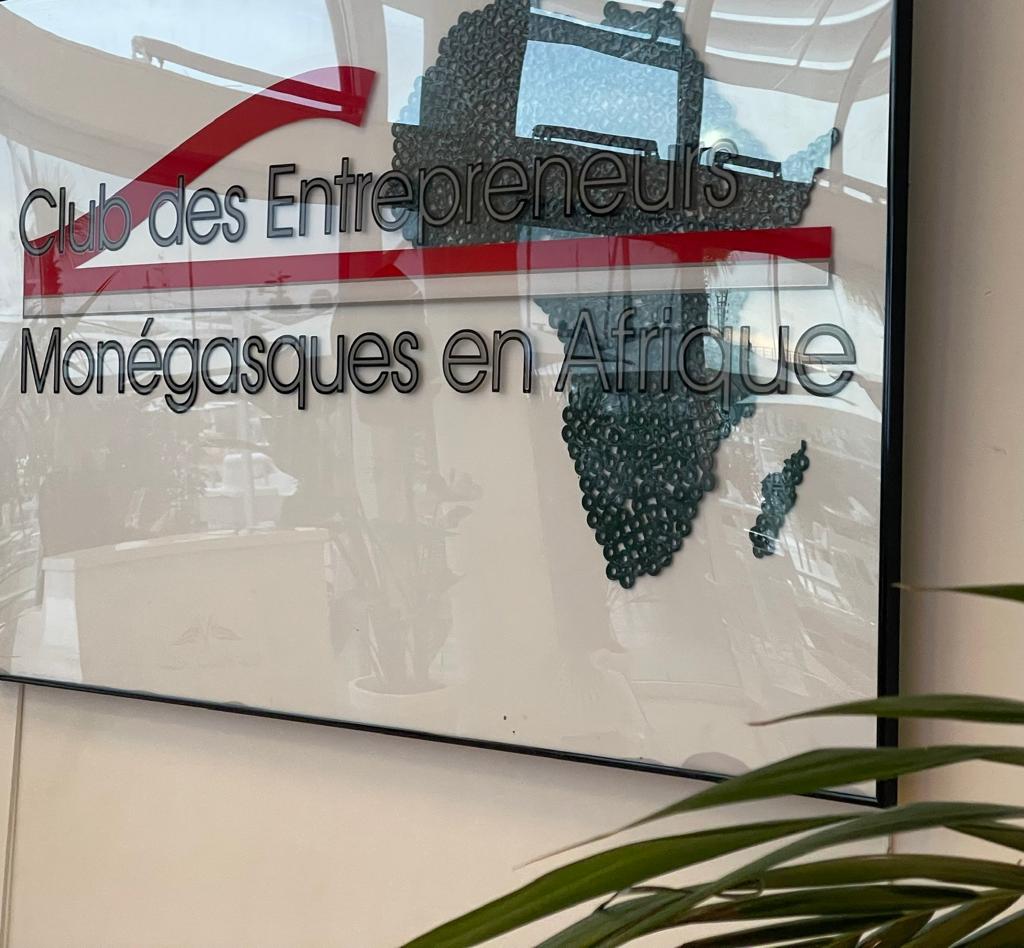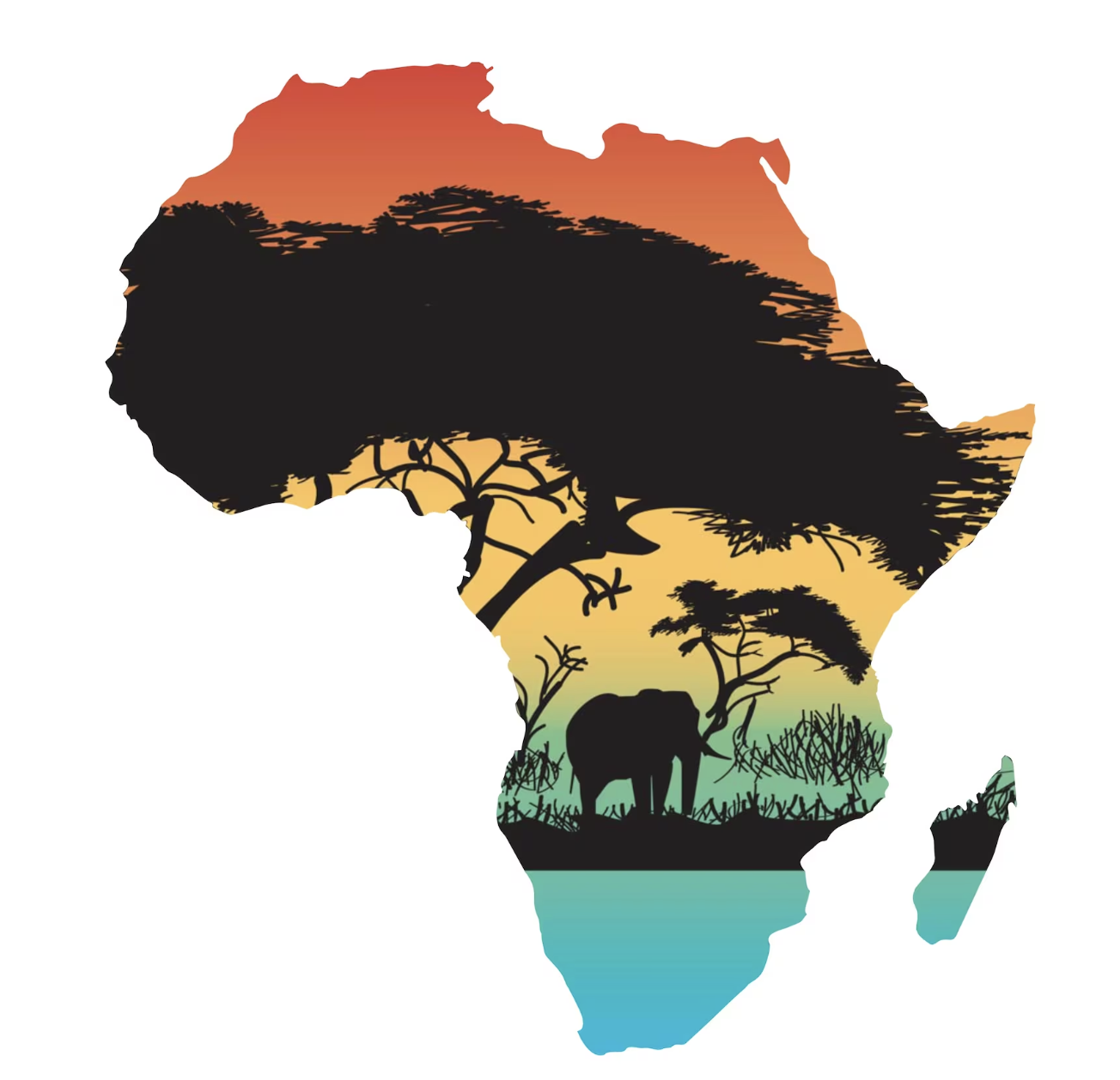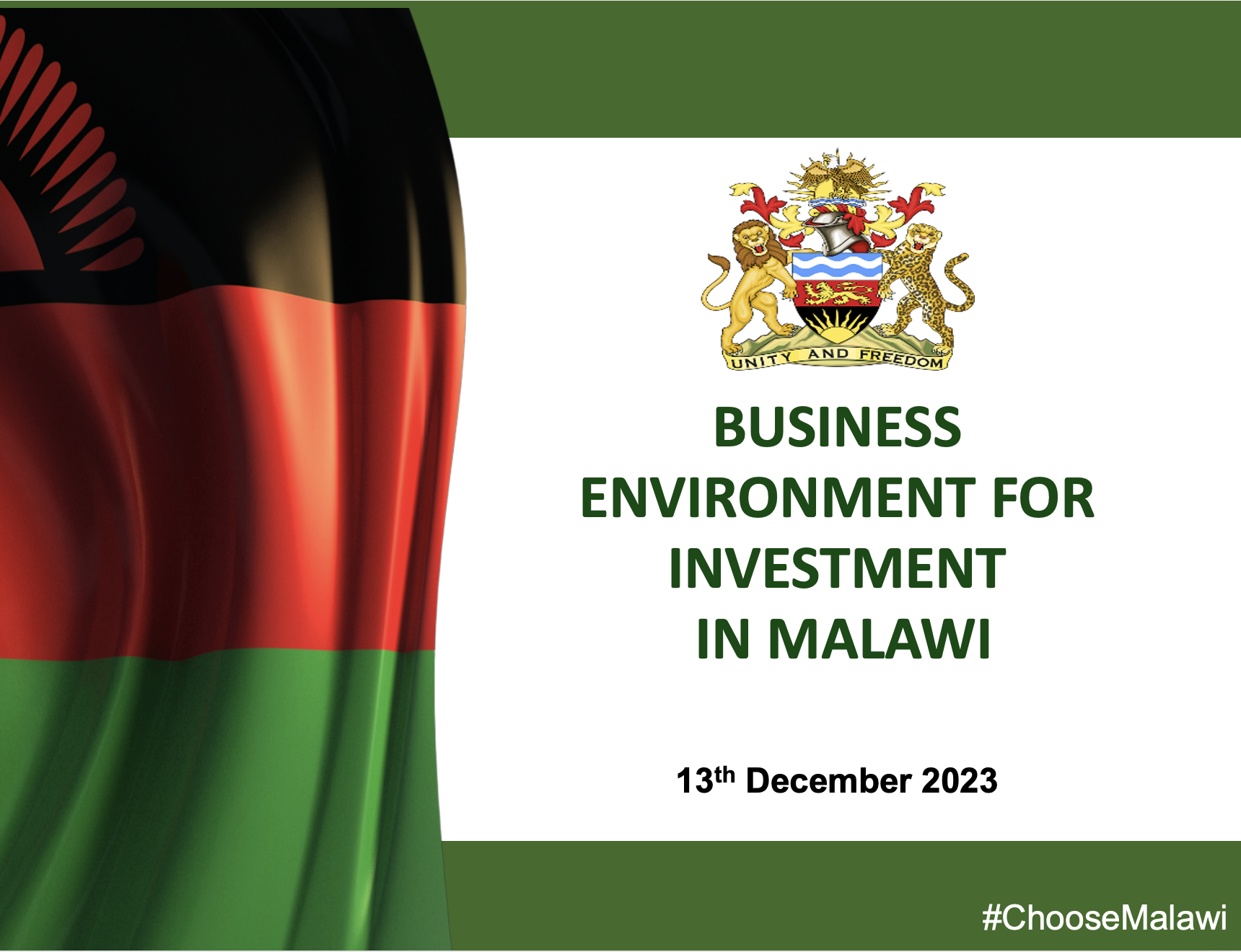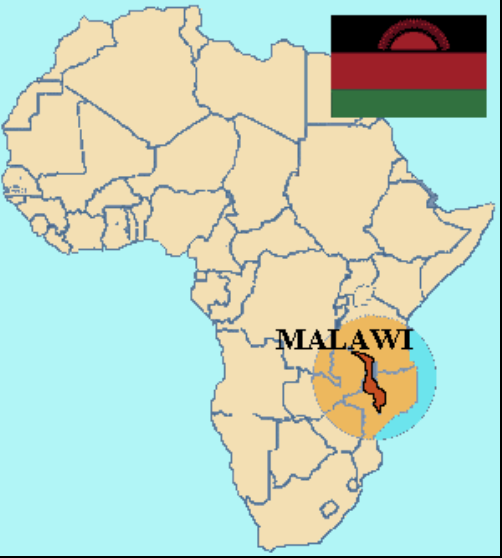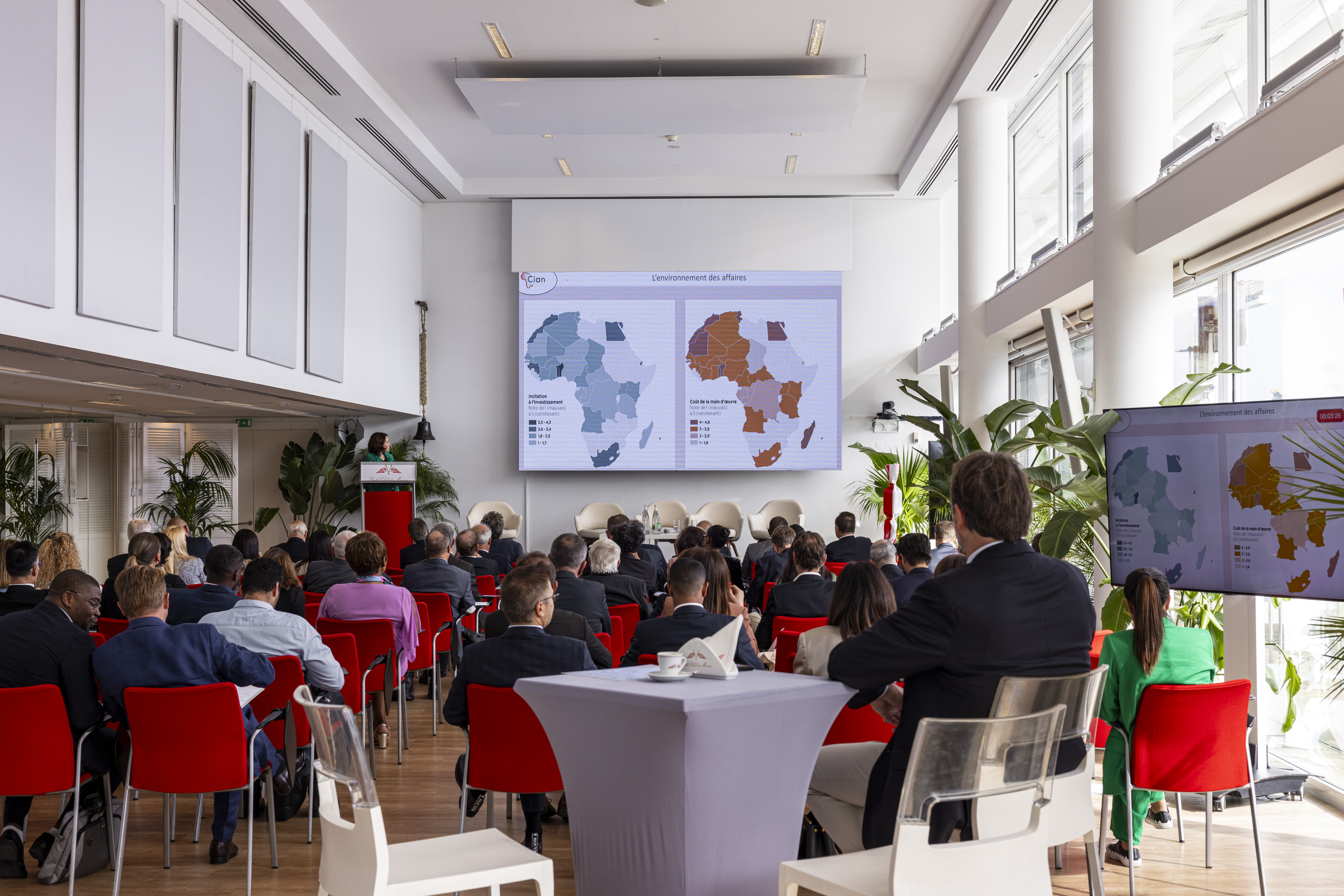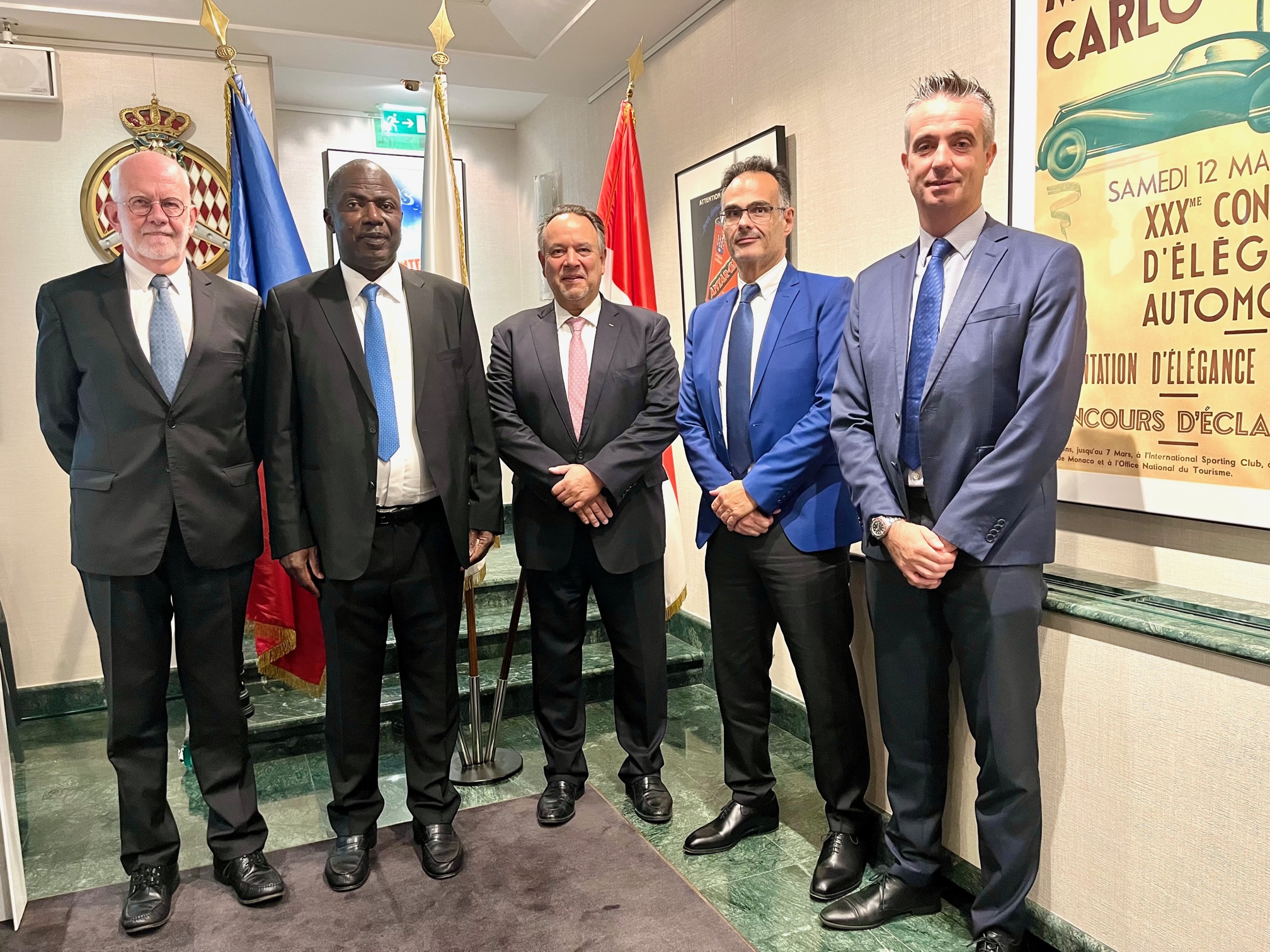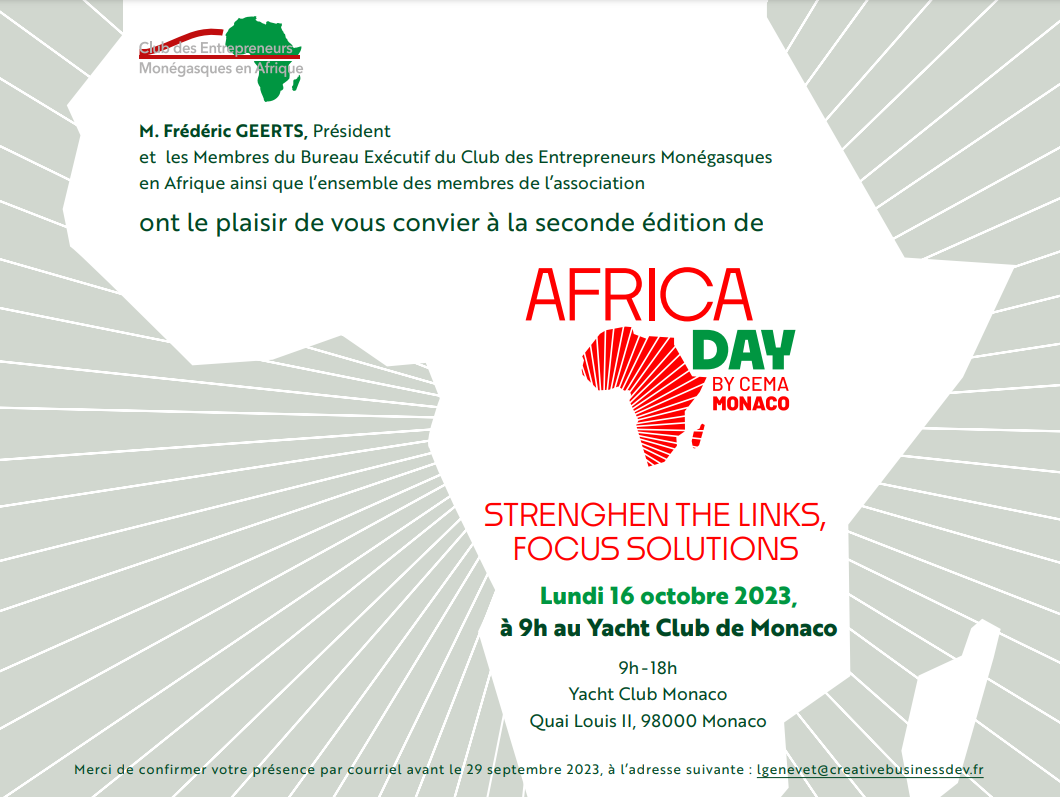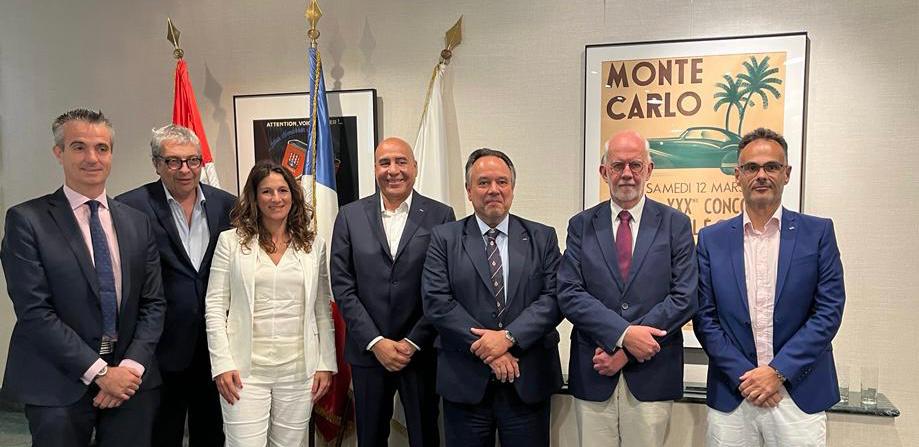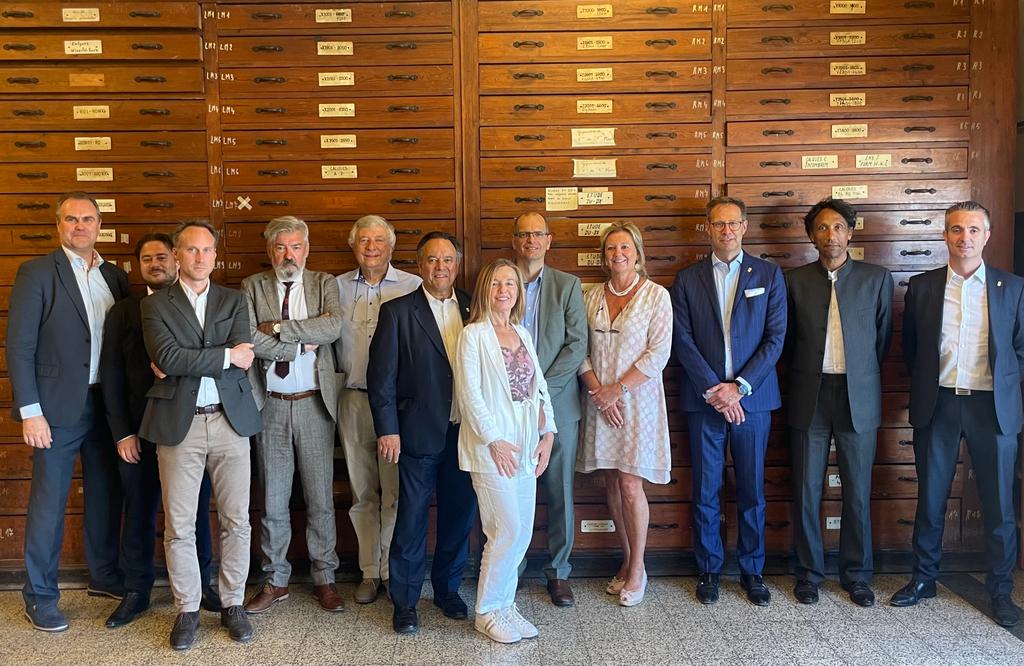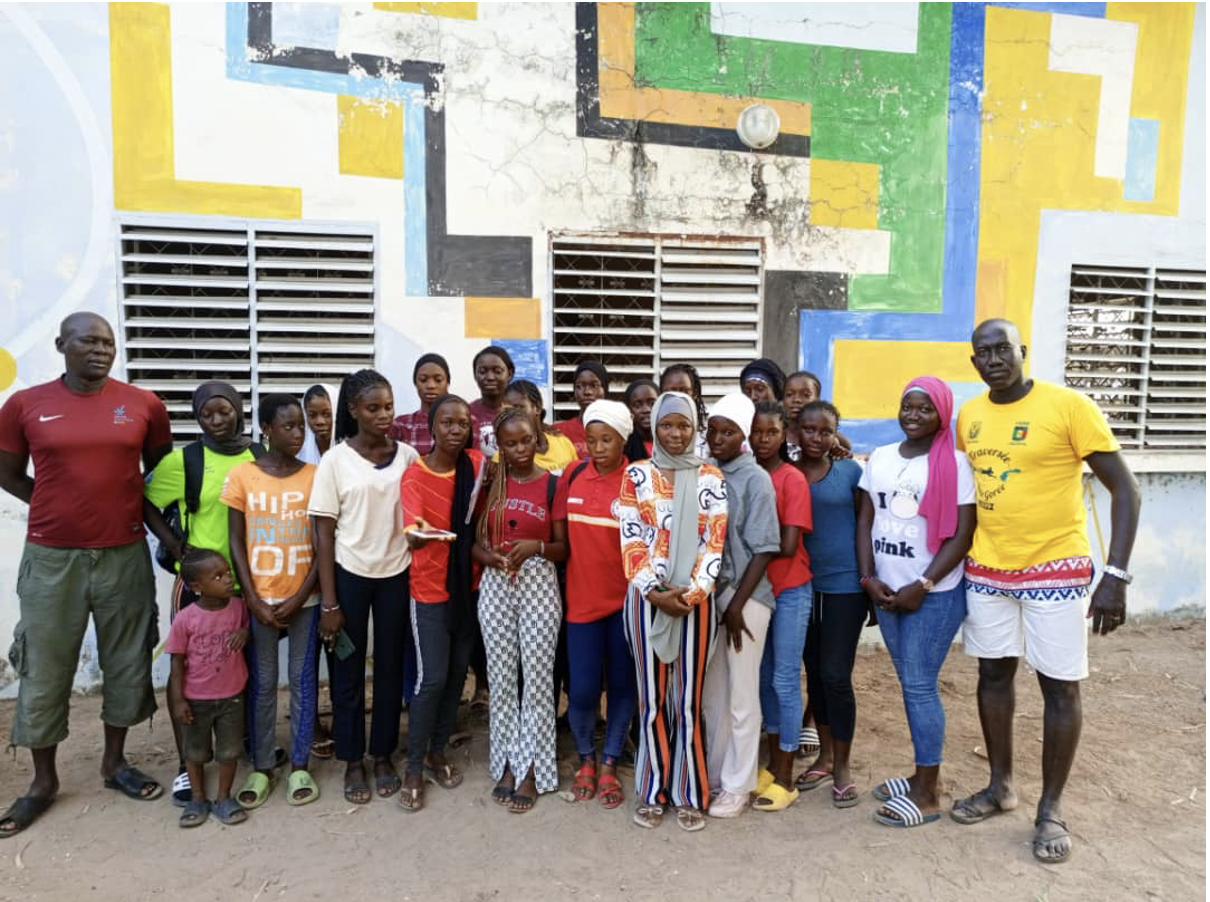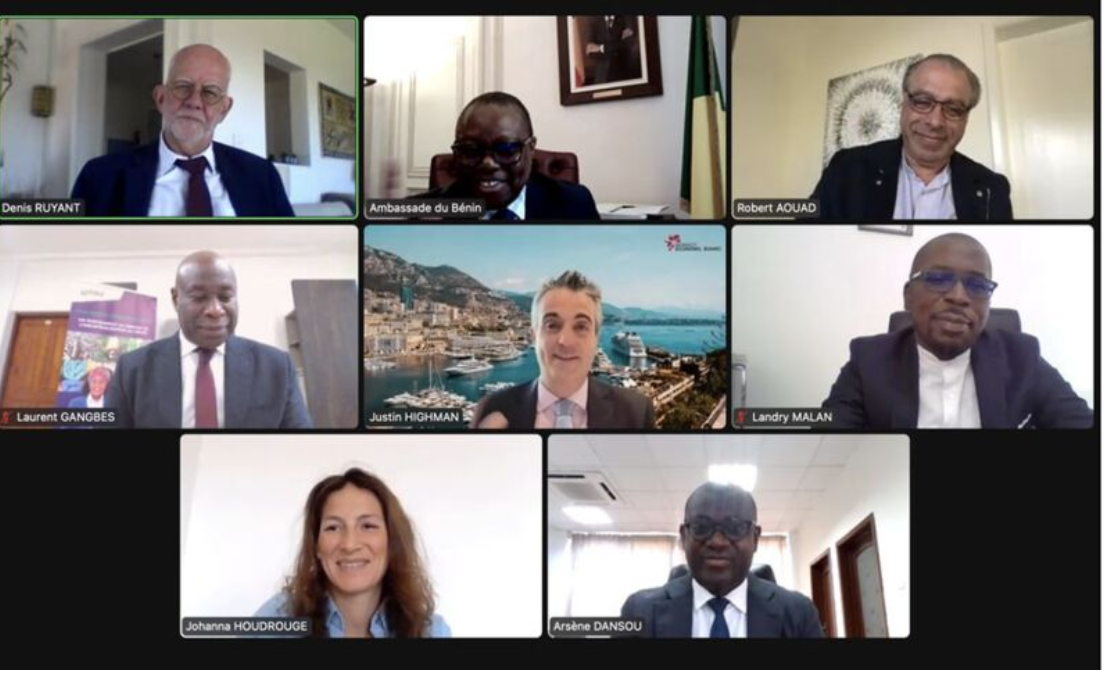- Par Laurence
- 27 juin 2024
CEMA welcomes Zyad Limam on 25 June 202
On Tuesday 25 June, CEMA welcomed Zyad Limam, publisher ofAfrique Magazine and a leading Africa specialist, as part of its lunchtime conferences at theAutomobile Club de Monaco, organised with the Monaco Economic Board (MEB). Zyad gave a talented account of the issues and resources facing sub-Saharan Africa, interviewed by Frederic C. GEERTS, Chairman of CEMA, and Patrick Lecoy, Secretary General.
"It is often said that Africa is the continent of the future, of the 21st century, and this is striking: it is true both in terms of opportunities, but also in terms of problems and challenges, particularly those linked to climate change "Zyad Limam.
Here are the main points of his lecture
Africa, the Continent of the Future
Opportunities and challenges
Africa is the continent of the 21st century, rich in opportunities but also facing many major challenges. Climate change is one of these. Rising temperatures and rainfall are creating catastrophic situations, requiring massive investment in sanitation, particularly in Côte d'Ivoire. Dry seasons, with temperatures reaching 48-49 degrees, ravage livestock and disrupt agriculture, a problem also observed in Southern Africa and South Africa.
Technological transition and fossil fuels
Financing the continent's technological transformation towards sustainable development is crucial. As a producer of fossil fuels, Africa needs to find innovative mechanisms to reduce its dependence while maintaining economic growth. The issue of fossil fuels is crucial, as the continent cannot currently do without them.
Demographic challenges
Population growth
Africa is an extremely young continent with a rapidly expanding population. By the end of the century, one human being in three will be African, which requires massive investment in education and security. Young people without prospects are vulnerable to exploitation.
Urbanisation and infrastructure
Rapid urbanisation poses major challenges in terms of city management and the development of road, medical and energy infrastructures. Cities such as Johannesburg, Pretoria, Kinshasa, Casablanca and Tunis are growing at an exponential rate, making urban planning and investment in infrastructure essential.
Access to energy
Today, 600 million Africans have no access to energy, a major obstacle to the continent's emergence. It is crucial to invest in sustainable energy solutions and to implement structuring policies rather than isolated actions such as the installation of small solar panels.
Food security and agriculture
Africa imports billions of foodstuffs every year, increasing inflation and dependency. With the growth of cities, consumption patterns are changing and city dwellers are increasingly dependent on food imports. It is vital to reposition agriculture to meet growing and diversified food needs.
Strategic and geopolitical issues
Involvement of the major powers
Africa has become a strategic continent for many world powers. France is losing ground, while Russia is taking advantage of opportunities by establishing itself in countries such as Mali and Niger. China, despite its internal problems, remains a major player, as do the United Arab Emirates and Turkey, which are very active in Africa.
Conflicts of influence
Conflicts of influence, particularly in the Muslim regions of Africa, add a further layer of complexity to the geopolitical situation. The European Union, although a major donor, is perceived to be focused on migration issues, while the United States has only strategic military interests on the continent.
Security and Funding Needs
The storm zone stretches from the Atlantic Ocean to the Indian Ocean, highlighting the importance of financing needs for security. Access to the international capital market is limited for many African countries, making support from private and international players essential.
Regional Diversity and Specificities
One Continent, 54 Identities
Africa is made up of 54 countries, each with its own legislation, culture and identity. For investors, it is crucial to understand these diversities and adopt a region-specific approach. In West Africa, for example, the market is relatively open with freedom of movement, but requires an in-depth knowledge of local dynamics.
The importance of local relations
To set up successfully in Africa, it is essential to integrate into the local culture and get to know the political, financial and economic players in each country.

